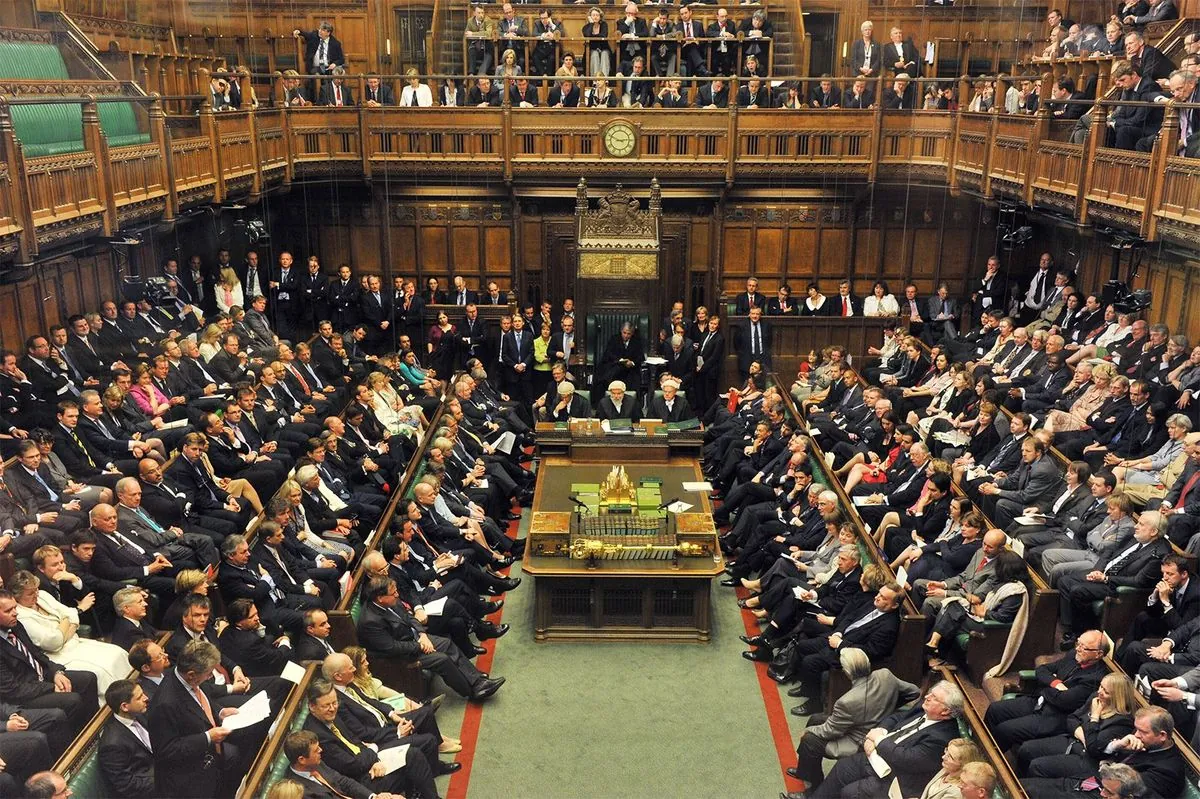Labour Faces Internal Strife Over Winter Fuel Payment Cuts
Labour party passes controversial welfare cuts amid internal dissent. Conservative MPs criticize the decision, highlighting potential harm to the elderly. A small rebellion emerges within Labour ranks.

In a recent parliamentary session, the Labour Party successfully passed a contentious vote to reduce winter fuel payments, despite facing internal opposition. This decision has sparked a heated debate across party lines, with Conservative MPs vehemently criticizing the move.
Melanie Stride, a Conservative MP, presented a passionate case against the cuts, employing unconventional visual aids to emphasize her point. She accused the government of prioritizing "trade union paymasters" over the welfare of the elderly. Other Conservative members, including Edward Leigh and Esther McVey, echoed these sentiments, describing the decision as "cruel" and a "punishment beating."
The debate highlighted the paradoxical nature of British politics. Many Conservatives now defend a policy they previously opposed, while Labour, which introduced the winter fuel payment in 1997, seeks to reduce it. This shift in stance has left many Labour MPs in an uncomfortable position, having built their careers opposing austerity measures they now find themselves supporting.

The government's case was presented by Liz Kendall, a Labour politician often viewed as being on the party's right wing. She argued that the cuts were necessary to "fix the foundations of the economy," echoing the Treasury's influence on Labour's agenda.
Despite the successful passage of the vote, signs of rebellion within Labour ranks were evident. Fifty-three MPs abstained from voting, while Jon Trickett voted against the government. This dissent, combined with independent and de-whipped Labour members, suggests the potential formation of a parliamentary socialist alliance.
"Some elderly people will die. Why? Because cold is bad for you."
The debate also touched upon broader issues of criminal justice reform and the ongoing Conservative leadership race. However, the focus remained on the immediate impact of the welfare cuts and the political ramifications for both major parties.
As the Labour Party grapples with internal dissent and the Conservatives adjust to their new role as defenders of welfare policies, the political landscape continues to evolve. The coming months will likely see further debates on economic policy and social welfare as both parties seek to define their positions in a changing political climate.


































